August 27, 2024
Parents' Marijuana Use And Children's Choices
Discover the influence of parents' marijuana use on children's choices.

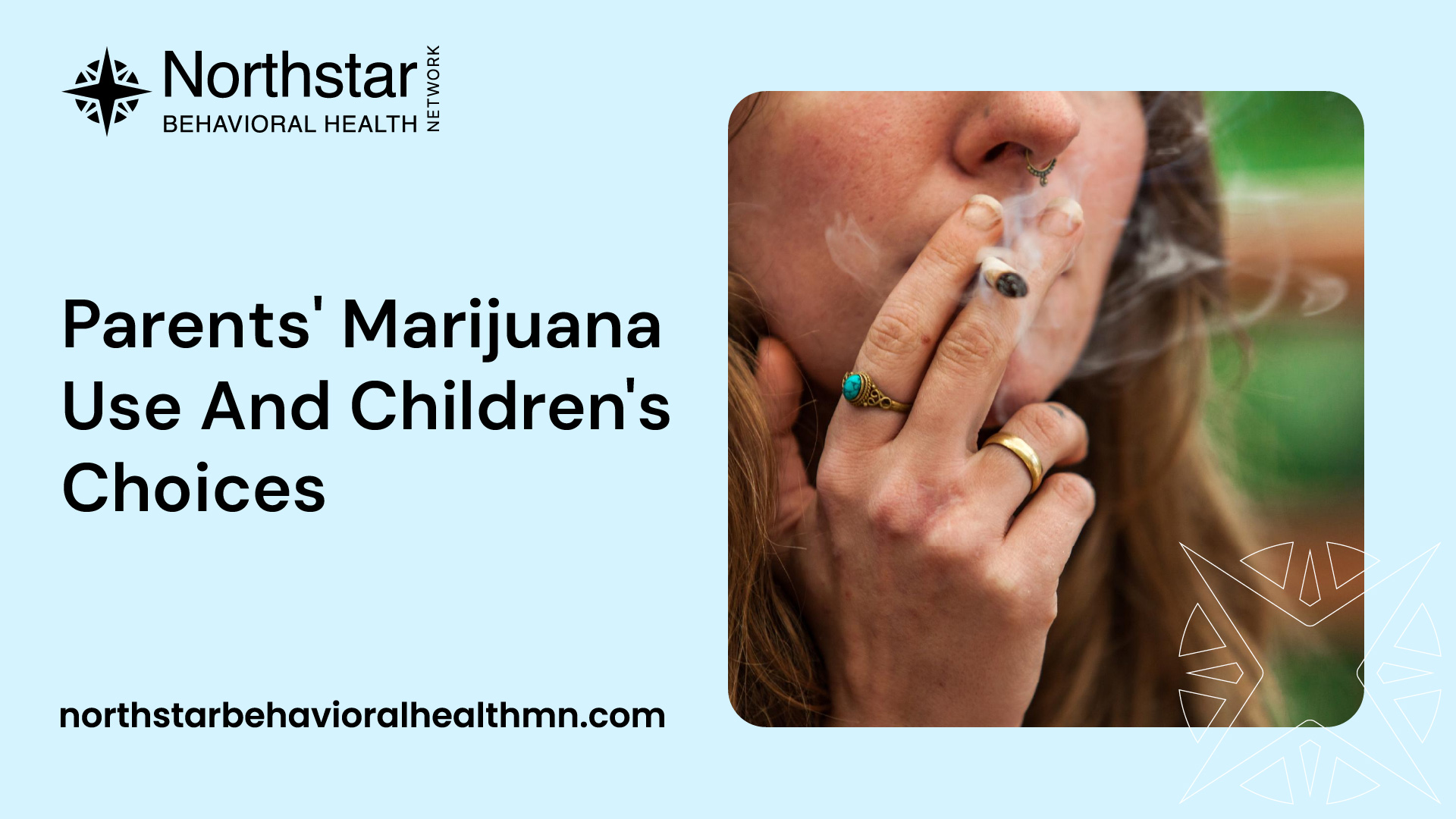
Parents' Marijuana Use and Children's Choices
When it comes to parental behavior and its influence on children, various factors come into play. One area of interest is the link between parents' marijuana use and their children's choices. Understanding this connection is essential for comprehending the potential impact it may have on children's behavior.
Impact of Parental Behavior on Children
Children often look to their parents as role models and may be influenced by their behaviors and choices. Parental behavior, including marijuana use, can shape children's attitudes, beliefs, and ultimately their decisions.
Parents play a significant role in modeling behavior for their children. Observing parents using marijuana may normalize its use in the eyes of children, potentially leading them to believe that it is acceptable or even expected behavior. This modeling effect can impact children's attitudes towards marijuana and influence their choices as they grow older.
Examining the Link Between Parents' Marijuana Use and Children's Choices
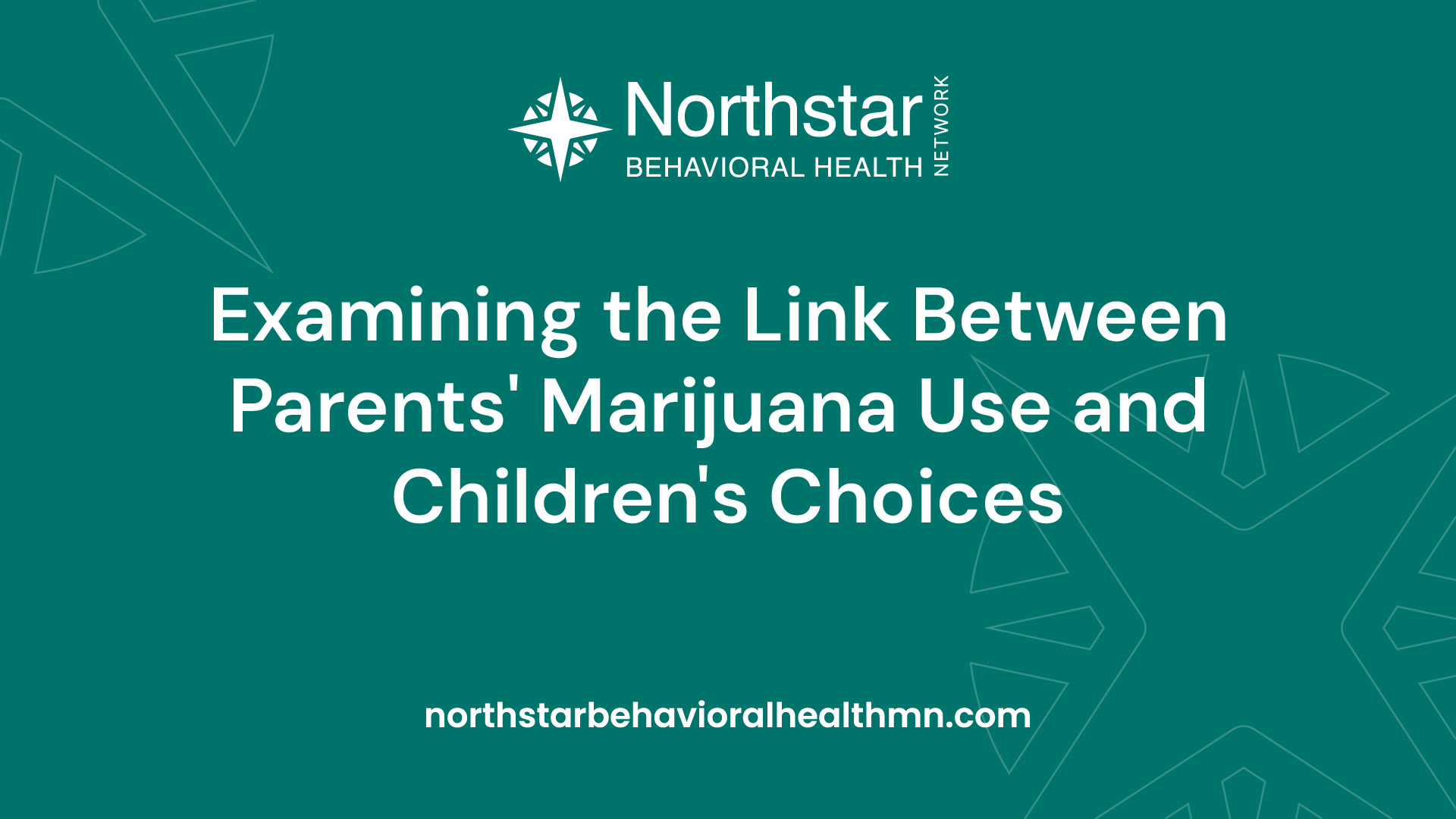
Research has explored the potential link between parents' marijuana use and their children's choices. Studies have shown that children of parents who use marijuana may be more likely to experiment with marijuana themselves compared to children of non-using parents. However, it is important to note that correlation does not imply causation, and other factors may also contribute to children's choices.
The relationship between parents' marijuana use and children's choices is complex and multifaceted. Genetic influences, environmental factors, and social surroundings all play a role in shaping children's decision-making processes. It is essential to consider these factors alongside parental behavior when examining the link between parents' marijuana use and children's choices.
Understanding the potential influence of parents' marijuana use on children's choices is crucial for parents and caregivers. By being aware of the impact their behavior may have on their children, parents can take steps to create open dialogues, provide education, and instill values that promote healthy decision-making. For those seeking guidance and support, professional help is available to address any concerns and assist in creating a healthy environment for children.
By examining the link between parents' marijuana use and children's choices, we can gain insights into the potential impact of parental behavior on children's attitudes and decisions. It is important to approach this topic with a balanced perspective, taking into account all the factors that contribute to children's choices and well-being.
Influence on Children's Behavior
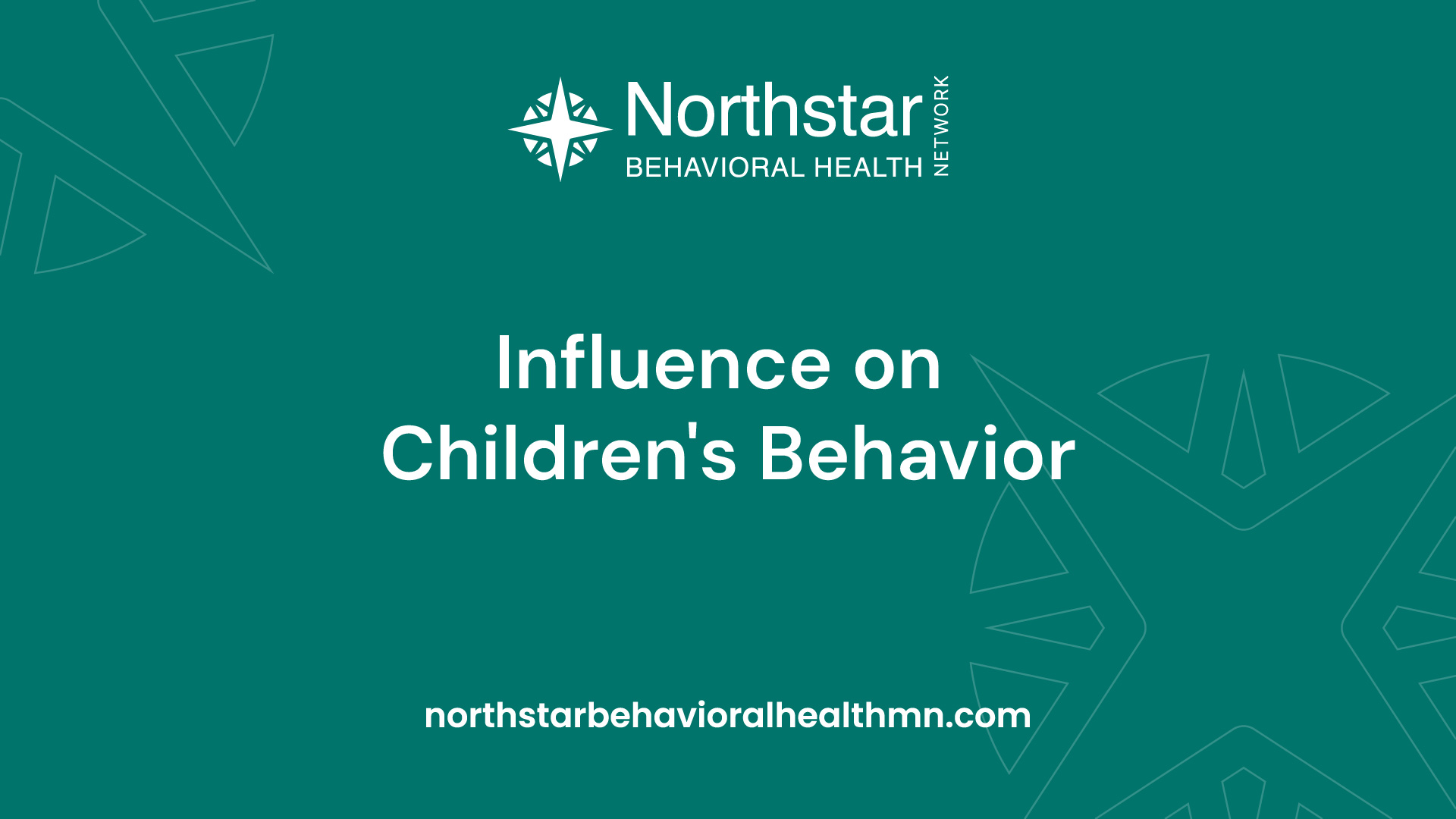
When it comes to parental behavior and its influence on children, there are several factors to consider. Two key aspects that play a significant role in shaping children's choices are modeling behavior and effective communication and education.
Modeling Behavior
Parents serve as powerful role models for their children. Children observe and learn from their parents' behaviors, including their attitudes towards marijuana use. If parents regularly use marijuana, their children may view this behavior as acceptable or normal, potentially influencing their own choices regarding marijuana use.
It's important for parents to be mindful of the behaviors they model and the messages they send to their children. By demonstrating responsible and healthy behaviors, parents can positively influence their children's choices. Engaging in open discussions about the potential risks and consequences of marijuana use can also help children develop a better understanding of the topic.
For more information on discussing sensitive topics with children, check out our article on tools to help your teen cope with peer pressure.
Communication and Education
Effective communication and education are vital in shaping children's choices and behaviors. Parents should engage in open and honest conversations with their children about marijuana use, providing accurate information and addressing any misconceptions.
By fostering a safe and non-judgmental environment, parents can encourage their children to ask questions and express their thoughts and concerns. Providing age-appropriate education about marijuana, its potential effects, and the legal and health implications can help children make informed decisions.
Parents should also emphasize the importance of critical thinking and independent decision-making. By empowering children with knowledge and teaching them to evaluate risks and consequences, parents can help guide their choices regarding marijuana use.
It's important to note that while parents can have an influence on their children's behavior, other factors such as genetic influences, environmental factors, and social surroundings also play a role. Understanding these factors can provide a more comprehensive view of the dynamics at play. For more information on these factors, refer to the respective sections in this article.
By modeling positive behavior and maintaining open lines of communication, parents can have a significant impact on their children's choices regarding marijuana use. It's crucial to create an environment that promotes healthy decision-making and encourages dialogue. If parents have concerns about their own marijuana use and its potential impact on their children, seeking professional help can provide valuable guidance and support.
Remember, by being proactive and involved, parents can help shape their children's choices and set them up for a healthy and informed future.
Factors at Play
When examining the link between parents' marijuana use and their children's choices, it's important to consider various factors that can influence children's behavior. These factors include genetic influences, environmental factors, and social surroundings.
Genetic Influences
Genetics can play a role in shaping a person's behavior, including their susceptibility to certain behaviors or substance use. Research suggests that there may be a genetic predisposition to substance use disorders, including marijuana use. However, it's important to note that genetics alone do not determine an individual's choices or behaviors. Other factors, such as environment and upbringing, also play significant roles.
Environmental Factors
The environment in which a child grows up can significantly impact their choices and behaviors. Children who are exposed to parents who use marijuana may be more likely to view marijuana use as a normal behavior. The availability and accessibility of marijuana within the household can also influence a child's exposure to and attitudes towards its use.
Additionally, factors such as parental monitoring, family dynamics, and socioeconomic status can contribute to the influence of the environment on children's choices.
Social Surroundings
The social surroundings in which children interact, including friends, peers, and the broader community, can also influence their choices. If a child's social circle includes individuals who use marijuana, they may be more likely to engage in similar behaviors. Peer pressure can be a powerful influence on children's choices, and it can play a role in their decision to use marijuana or engage in other risky behaviors. Additionally, societal attitudes towards marijuana use can impact a child's perceptions and choices.
Understanding these factors is crucial for comprehending the potential influence of parents' marijuana use on their children's choices. It's essential to approach this topic from a holistic perspective, considering the interplay between genetics, environment, and social surroundings. By taking these factors into account, individuals can gain a deeper understanding of the complexities involved and work towards creating supportive environments for their children.
Understanding the Risks
When examining the link between parents' marijuana use and children's choices, it is essential to understand the potential consequences for children and address parental marijuana use appropriately.
Potential Consequences for Children
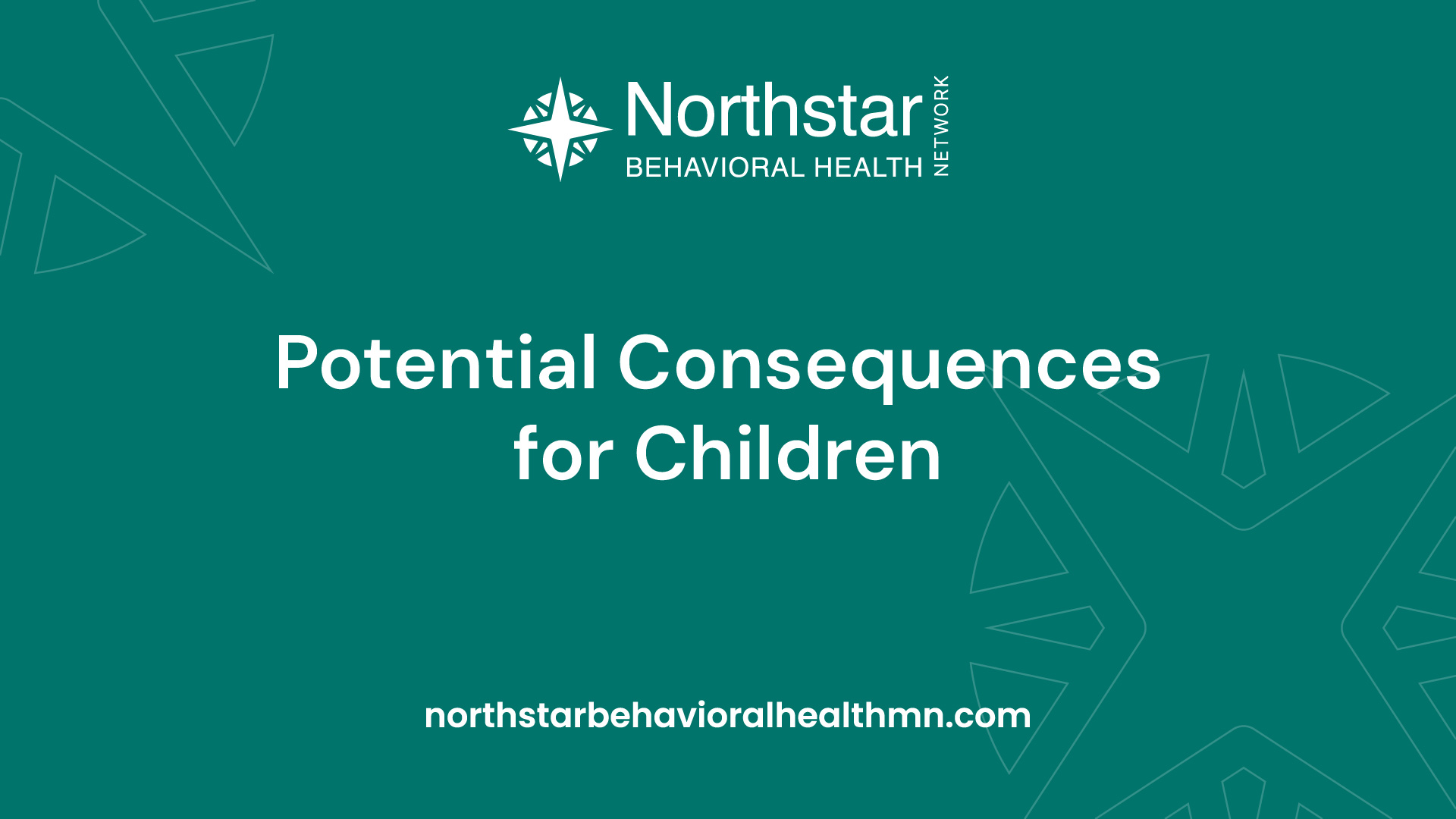
Parental marijuana use can potentially have various effects on children. It is important to note that these consequences may not be limited to marijuana use alone but can also be influenced by other factors within the family environment.
- Parental Influence and Modeling: Parents serve as role models for their children, and their behavior can significantly influence their children's choices. If parents use marijuana in front of their children or normalize its use, it may increase the likelihood of their children experimenting with marijuana or other substances.
- Impaired Parenting: Chronic marijuana use can impair a parent's ability to provide consistent care and attention to their children. This may impact the emotional well-being of the child and their overall development.
- Legal and Social Consequences: In some jurisdictions, marijuana use is illegal, and parents who engage in its use may face legal consequences. These legal issues can create instability and stress within the family, which can negatively impact the well-being of the child.
- Educational and Cognitive Effects: Research suggests that children of parents who use marijuana may be at a higher risk of experiencing educational and cognitive difficulties. This can include lower academic performance, decreased cognitive functioning, and an increased likelihood of engaging in risky behaviors.
Addressing Parental Marijuana Use
Addressing parental marijuana use requires a comprehensive approach that takes into account the well-being of both the parent and the child. It is important to approach the topic with empathy and understanding, recognizing that substance use disorders are complex issues.
- Open Communication: Creating an environment of open and non-judgmental communication is crucial. Parents should be encouraged to talk openly with their children about the potential risks and consequences of marijuana use. This dialogue can help children develop a better understanding and make informed decisions.
- Seeking Support: If a parent is struggling with marijuana use, it is important for them to seek appropriate support and treatment. This can include individual therapy, support groups, or rehabilitation programs. By addressing their substance use, parents can create a healthier environment for themselves and their children.
- Parenting Education: Providing parenting education programs that address substance use and its impact on children can be beneficial. These programs can help parents understand the potential consequences of their behavior on their children and provide strategies to promote a healthy and drug-free environment.
- Early Intervention: Early intervention is key to preventing long-term negative effects on children. Identifying and addressing parental marijuana use early on can help mitigate the potential risks and provide support to both the parent and the child.
By understanding the potential consequences for children and addressing parental marijuana use in a compassionate and supportive manner, families can work towards creating a healthier and more positive environment for their children's well-being. For more information on addiction and recovery, check out our article on is there a difference between a slip and a relapse?.
Breaking the Cycle
When parents are using marijuana and want to create a healthier environment for their children, it's important to take proactive steps to break the cycle. By seeking support and guidance and creating a healthy environment, parents can positively influence their children's choices.
Seeking Support and Guidance
One of the first steps in breaking the cycle is seeking support and guidance. It's essential for parents to recognize that they are not alone in their journey to quit using marijuana. There are various resources available that can provide the necessary support and guidance.
- Support groups: Joining support groups, such as Narcotics Anonymous or Marijuana Anonymous, can offer a sense of community and understanding. These groups provide a platform for individuals to share their experiences, receive support, and learn from others who have successfully overcome their addiction.
- Counseling or therapy: Seeking professional help through counseling or therapy can be beneficial for both parents and their children. A licensed therapist can provide guidance, coping strategies, and tools to navigate the challenges of quitting marijuana use and creating a healthy environment for the family.
- Motivational interviewing: Motivational interviewing is a technique used by addiction counselors to help individuals explore and resolve their ambivalence about quitting substance use. This approach can help parents who are willing to embrace recovery but may have mixed feelings or uncertainty about the process. Learn more about how motivational interviewing can assist in addiction recovery in our article on can motivational interviewing help an addict who is willing to embrace recovery?.
Creating a Healthy Environment for Children
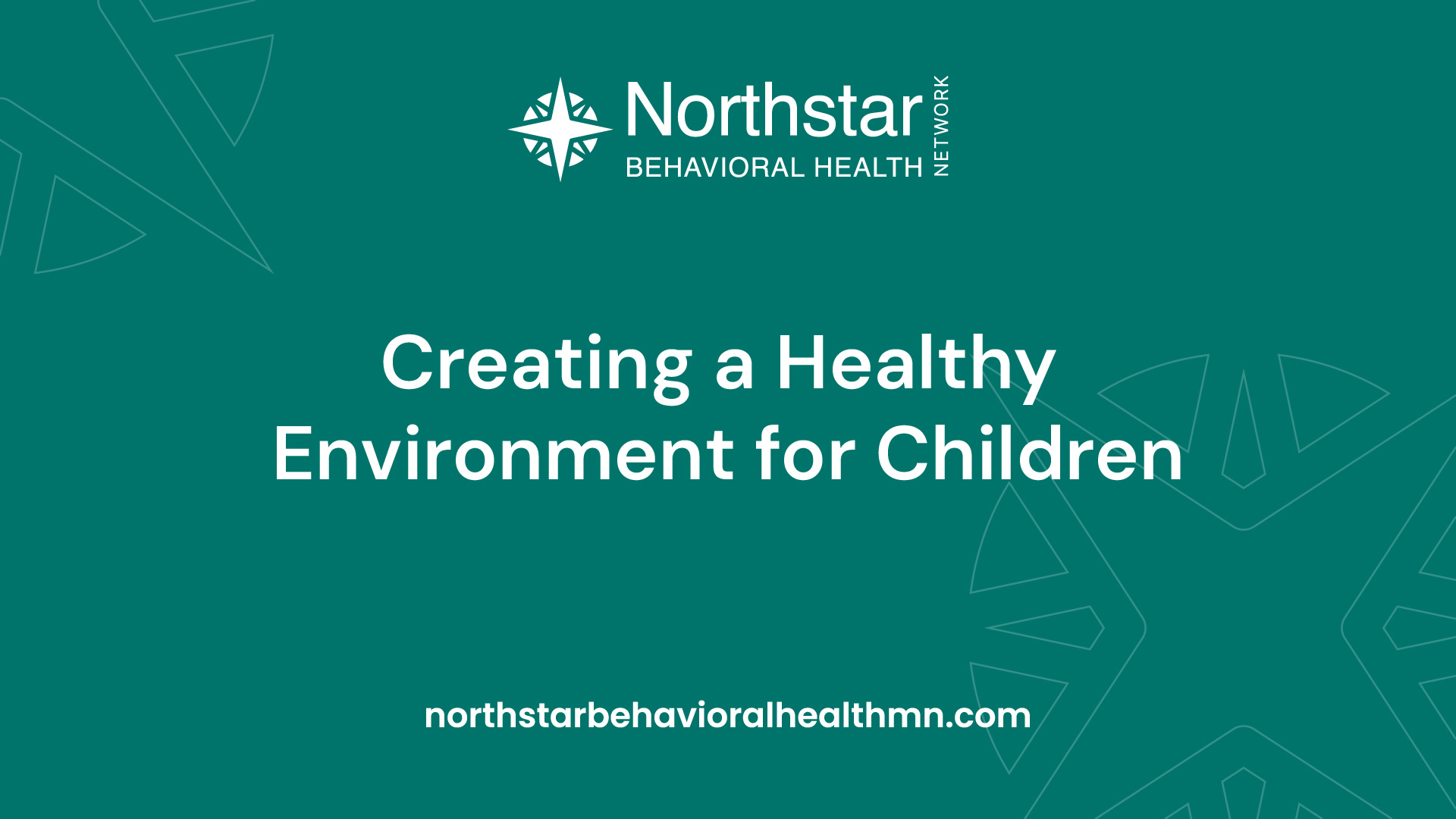
Creating a healthy environment for children is crucial in breaking the cycle of marijuana use. Parents can play an active role in shaping their children's choices and behaviors by implementing the following strategies:
- Open communication: Establishing open and honest communication with children is essential. Parents should create a safe space where children feel comfortable discussing their thoughts, concerns, and questions. By fostering open dialogues, parents can address any misconceptions and provide accurate information about marijuana use.
- Setting a positive example: Modeling positive behavior is a powerful way to influence children. By abstaining from marijuana use themselves, parents can demonstrate the importance of making healthy choices. It's also vital for parents to engage in activities that promote overall well-being, such as exercise, hobbies, and spending quality time together as a family.
- Establishing boundaries and rules: Clear boundaries and rules can provide structure and stability for children. Parents should establish guidelines regarding substance use and explain the potential risks and consequences associated with marijuana. By consistently enforcing these rules, parents can create a safe and drug-free environment for their children.
- Encouraging healthy alternatives: Parents can encourage their children to engage in activities that promote physical and mental well-being. This can include participating in sports, pursuing creative interests, joining clubs or organizations, and spending time with positive role models. Providing healthy alternatives can help divert children's attention away from marijuana use.
Breaking the cycle of parental marijuana use and influencing children's choices requires effort, commitment, and ongoing support. By seeking guidance, creating a healthy environment, and actively engaging with their children, parents can pave the way for a brighter future and empower their children to make informed and positive choices.
Moving Forward
When parents are faced with the question of their marijuana use and its potential influence on their children's choices, there are steps they can take to ensure a healthy and open environment for their family. Moving forward, it is important to encourage open dialogues and, if needed, seek professional help.
Encouraging Open Dialogues
Creating an atmosphere of open communication is crucial in addressing the topic of parental marijuana use and its impact on children. Parents should strive to establish a safe space where children can freely express their thoughts, concerns, and ask questions. By actively listening to their children and engaging in open dialogues, parents can foster trust and understanding.
During these conversations, it is essential for parents to provide accurate information about marijuana, its potential effects, and the reasons for their own choices. Providing age-appropriate explanations can help children develop a well-rounded understanding of the subject. Parents can also take this opportunity to discuss the importance of making informed decisions and the potential risks associated with substance use.
Seeking Professional Help if Needed
In some cases, seeking professional help may be beneficial for both parents and children. A qualified therapist or counselor can provide guidance and support in navigating the complexities of parental marijuana use and its potential impact on children's choices. These professionals can assist in addressing any concerns, facilitating healthy communication, and offering strategies to foster a positive environment.
If parents find that their marijuana use is negatively affecting their ability to maintain a healthy lifestyle or parent effectively, it may be necessary to seek help specific to substance abuse. Support groups, addiction counselors, and treatment programs can provide the necessary tools and resources to overcome addiction and create a healthier family dynamic.
Remember, seeking professional help is not a sign of weakness but a proactive step towards addressing any challenges and ensuring the well-being of both parents and children.
By encouraging open dialogues and, if needed, seeking professional help, parents can actively address the potential influence of their marijuana use on their children's choices. Creating an environment of trust and open communication allows for meaningful discussions and the development of informed decision-making skills.

.jpg)




.jpg)

